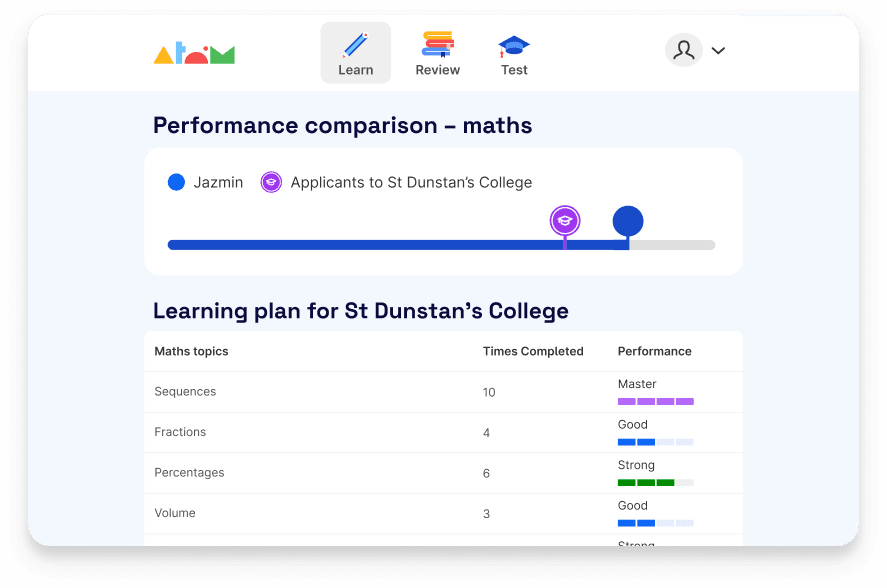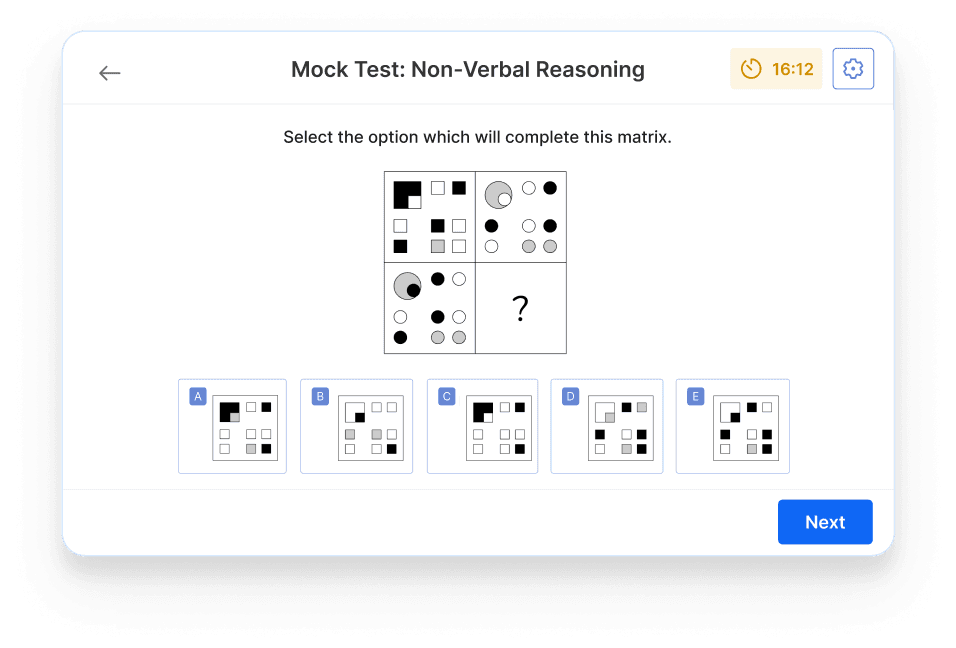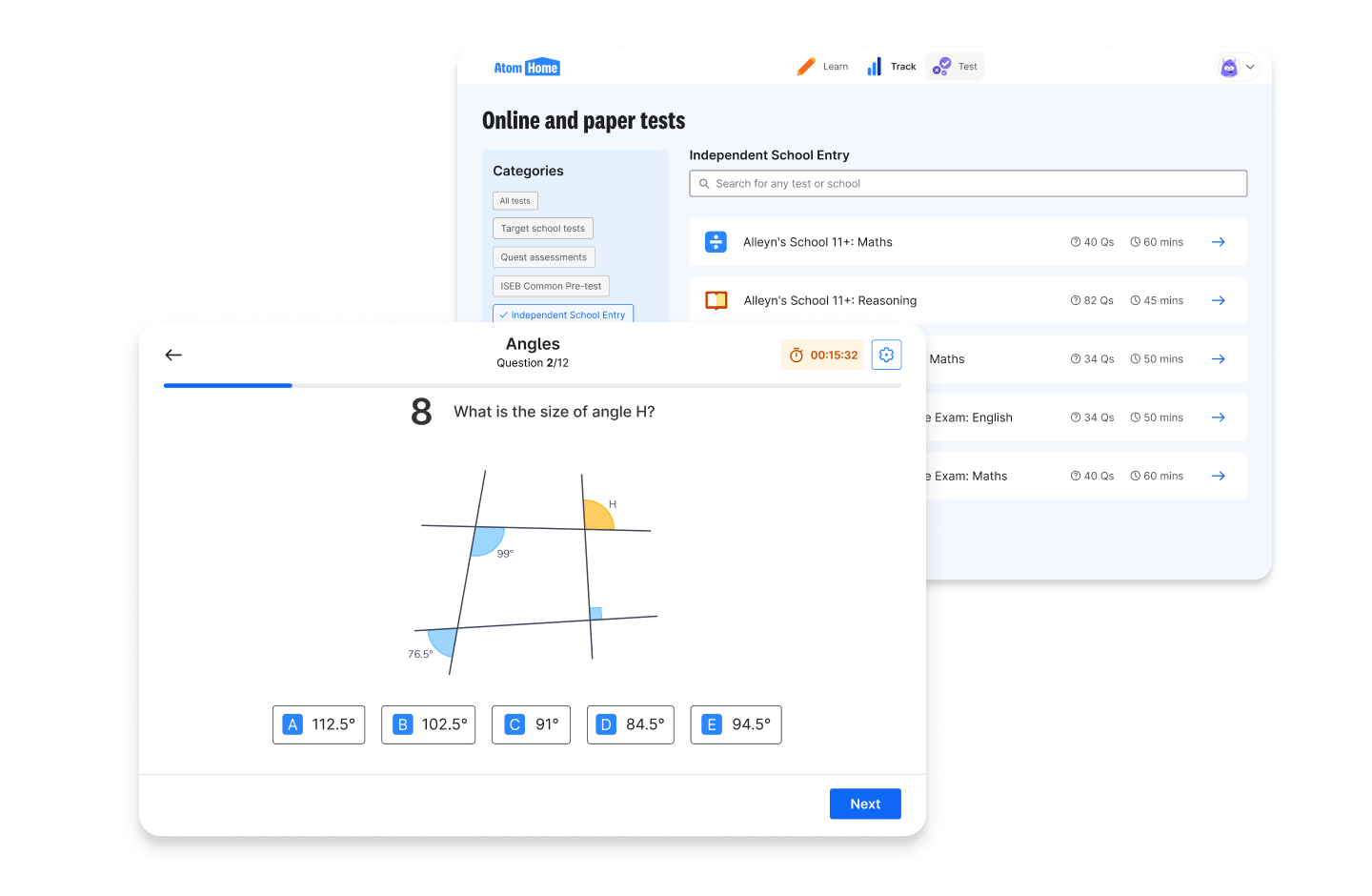Considering St Dunstan's College for your child? We’ve collated everything you need to know about 11+ entry. Learn how to apply, what’s on the entrance exam, and how to help your child prepare for success.
Key information for St Dunstan's College
- Address: St Dunstan's College, Stanstead Road, London, SE6 4TY
- Age range and gender: boys and girls aged 3–18
- Type of school: independent day
- Number of students: 1,100
- Admissions contact: [email protected]
- 11+ open days: September–November
- 11+ selection criteria: online assessments (stage 1), written assessments and taster lesson (stage 2), interviews (stage 3)
- Financial assistance: means-tested bursaries
- 11+ scholarships: academic, art, drama, music, sport
About St Dunstan's College
St Dunstan’s College is a co-educational independent school in Catford, southeast London. It provides private education to children from nursery through to sixth form. It was founded in 1888 and named after the 10th-century saint and scholar, St Dunstan, Archbishop of Canterbury. St Dunstan's is known for its forward-thinking approach to education. The school aims to blend academic excellence with creativity, well-being, and character development.
St Dunstan’s has undergone significant redevelopment in recent years. Modern facilities include a new STEM block, a performing arts centre, and extensive sports facilities. The curriculum is broad and balanced to foster critical thinking, independence, and a love of learning. A progressive ethos encourages students to challenge convention and think innovatively.
St Dunstan’s offers a wide range of extracurricular activities, from sports and music to drama and various clubs and societies. The school also places a strong emphasis on pastoral care, ensuring that every student feels supported and valued. With its blend of tradition and modernity, St Dunstan’s College provides a nurturing and dynamic environment that prepares students for success in a rapidly changing world.
Dates for your diary
- Registration closes: November in Year 6
- Entrance exam (part 1): December in Year 6
- Entrance exam (part 2): January in Year 6
- Interviews (part 3): January in Year 6
- Offers of places: February in Year 6
- Acceptance deadline: early March in Year 6
St Dunstan's College 11+ entrance exam
Children applying for 11+ entry to St Dunstan’s College have a three-stage assessment process.
Stage 1: online assessments
The first stage of the process is online assessments. Your child will take these in December in Year 6.
The assessments test four subjects:
Children who perform well in these online assessments are invited back for the second round of tests in January.
Stage 2: written assessments
The second round of tests consists of written English and maths papers:
- Reading comprehension: 30 minutes. Your child will need to read a passage of text and answer questions to show their understanding of the text and what they can draw from it.
- Written composition: 45 minutes. Your child will need to produce a piece of original writing in response to a prompt. For example, they may need to write an argument for or against a statement.
- Maths: 40 minutes. Questions are based on the topics your child will have learned at school. They should show their working out, as some marks are awarded for correct workings – even if the answer is incorrect.
Children also take part in a taught lesson. This is to observe their approach to learning.
Stage 3: interviews
Successful children are invited back to St Dunstan’s at the end of January for interviews. More children are interviewed than the school has places for. This is to get a complete picture of each child when considering which children to offer places to.
The interview is an opportunity for your child to talk about their goals, interests, hobbies, and areas of interest at school. For more top tips and an exclusive interview preparation resource, take a look at our guide to senior school interviews.




